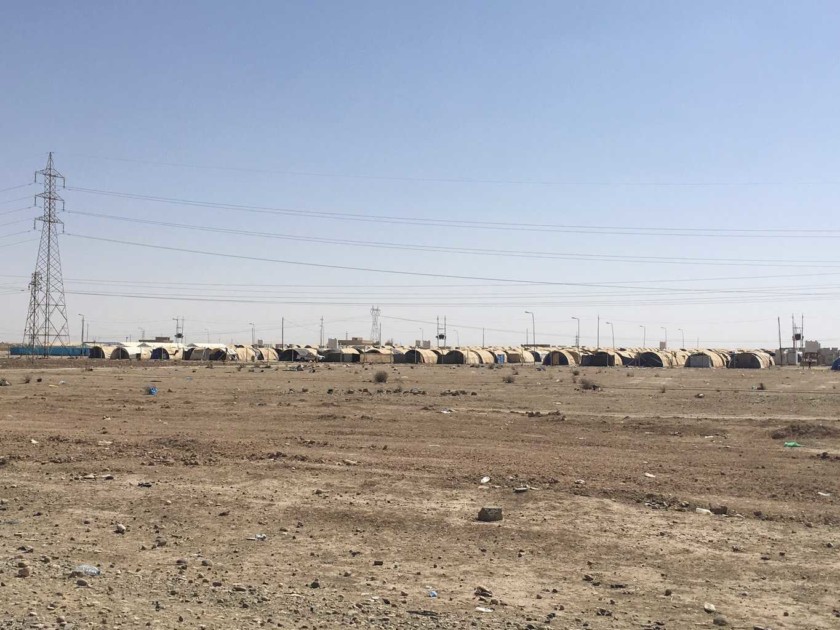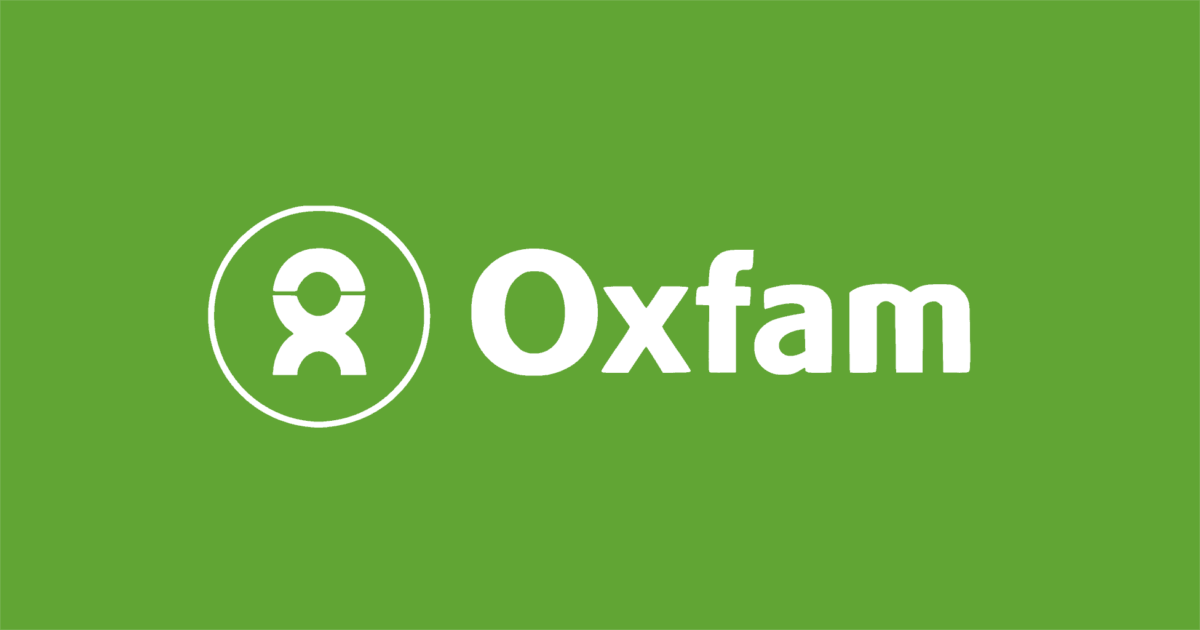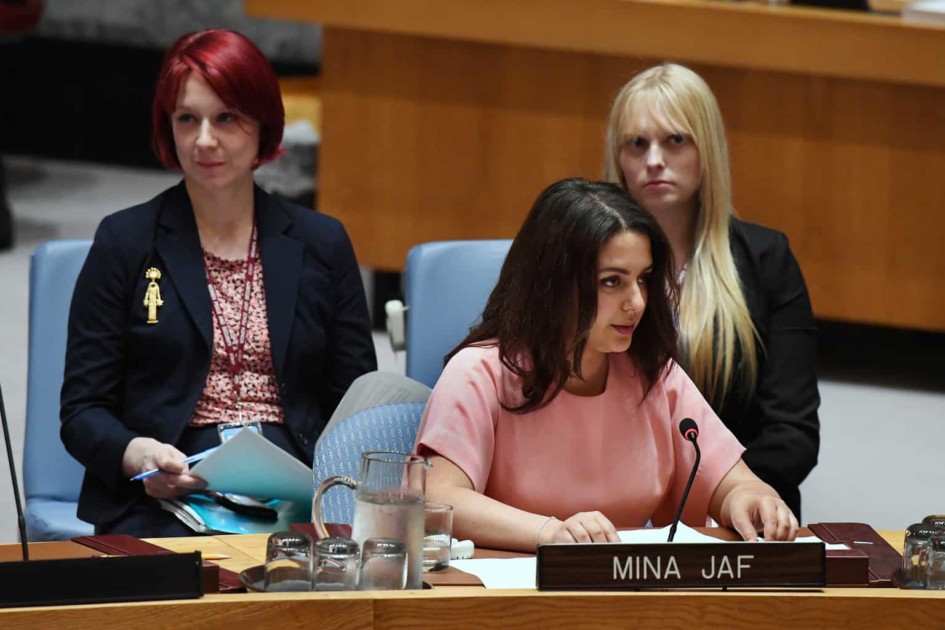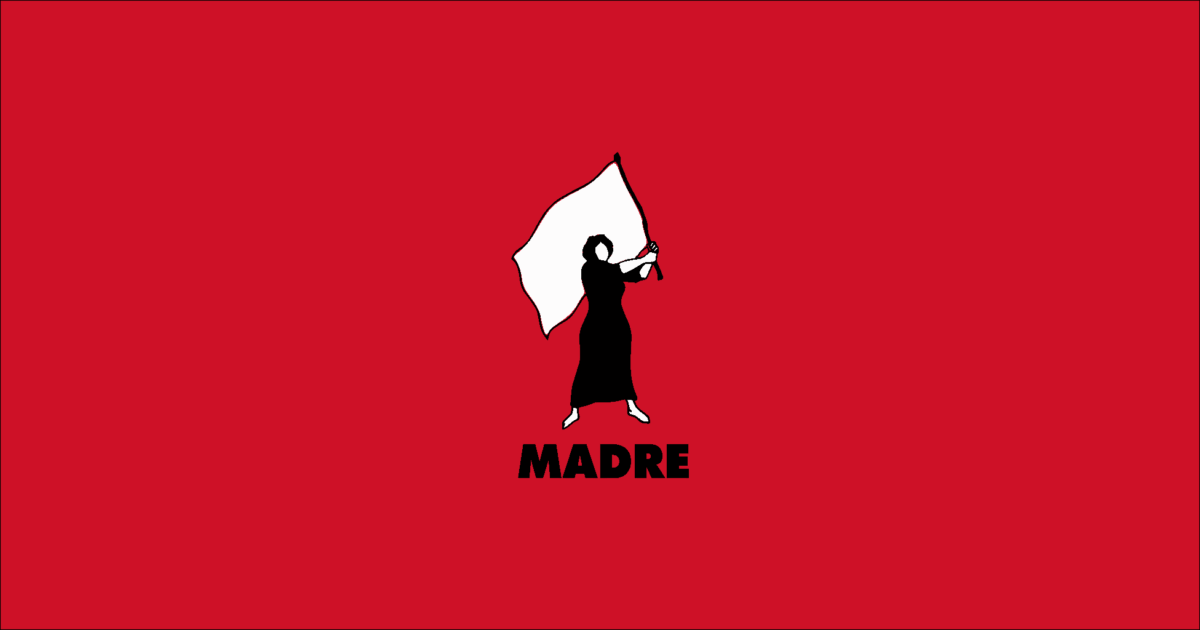Iraq
Iraq
Women are crucial allies to the efforts to eliminate extremism in Iraq. The Islamic State of Iraq and the Levant (ISIL) has contributed to a political landscape in Iraq historically characterized by sectarianism, ineffective judicial systems, high levels of government corruption, and high rates of violence against women, including sexual and gender-based violence. ISIL continues to use sexual and gender-based violence and rape as weapons of war— and targets women, particularly Yazidi women and other non-Shiite minorities, for sexual slavery among fighters.
Iraq acceded to the Convention on the Elimination of all Forms of Discrimination against Women (CEDAW) in 1986, launched the National Strategy on Combating Violence against Women in 2013, and launched its National Action Plan pursuant to Resolution 1325 in 2014. Iraq’s National Action Plan was the first launched in the Middle East. The Ministry of Women’s Affairs in Iraq has also developed a National Strategy for the Advancement of Iraqi Women, but due to the political climate it hasn’t been effectively implemented; similarly, laws banning forced and early marriages are rarely enforced.
Based on the work of NGOWG members and their partners, the NGOWG advocates for the Government of Iraq to clarify their shelter policies, in order to allow and support Iraqi NGOs in their efforts to operate shelters and provide much needed services to survivors of SGBV. Further, the NGOWG urges the Security Council to ensure that the United Nations Assistance Mission for Iraq (UNAMI) is regularly engaging with women’s organizations, and will continue to take concrete steps to support women’s participation in all peace and security processes.
Current and Past Recommendations to the UN Security Council (Monthly Action Points)
The situation in Iraq is unstable; at present, 1.8 million people remain displaced and thus far, no perpetrators of human rights abuses or violations have been held to account, and as a result, survivors are left with no reparations or compensation (OCHA). In extending the mandate of the UN Assistance Mission for Iraq (UNAMI), the Council should maintain the existing provision to mainstream gender as a cross-cutting issue, include a provision that mandates UNAMI to conduct regular consultations with women’s organizations, and report on specific steps taken to support women’s meaningful participation in peace and security processes (S/RES/2242 (2015)). There should be new language added which supports the important role of women-led organizations in preventing and addressing sexual and gender-based violence (SGBV), as well as reiterating the importance of a rights-based approach to the reintegration of survivors into communities (S/RES/2467 (2019)). Further, given the failure of the Government to ensure gender parity in the new cabinet (S/2019/101), the Council should reinforce the importance of rhetorical commitments to women’s participation in leadership positions being translated into reality. Further, UNAMI should support the implementation of the current NAP on Resolution 1325 (2000) and development of a 2019-2023 NAP, which includes technical and financial support in a participatory manner with local communities, as well as assigning a budget to implement, monitor and evaluate it in accordance with specific indicators(S/RES/2242 (2015)). The Council should add new language to recognize and condemn violence and persecution against individuals on the basis of their sexual orientation and gender identity and expression (A/HRC/32/CRP.2) and request an update on the implementation of the UN-Iraq Joint Communiqué on the prevention and response to SGBV in Iraq. Further, the Council should urge the Government to swiftly amend articles 41, 128, 377, 380, 398, 409 and 427 of the Criminal Code (CEDAW) and pass the draft Protection Against Domestic Violence law with proposed amendments from Iraqi women’s rights organizations, including provisions that legally protect non-governmental shelters. Council members should also urge the Government to support women’s access to documentation, especially for those who are recovering from living under ISIL controlled areas. The Council should also express its support for community hearings that are designed to raise visibility on ISIL human rights crimes and create a pathway to accountability. Finally, the Investigative Team’s upcoming report should establish clear procedures for the investigation of sexual violence and other gender-based crimes committed by ISIL, including crimes committed against those individuals perceived as LGBTI or other gender non-conforming persons.
Relevant Resources









